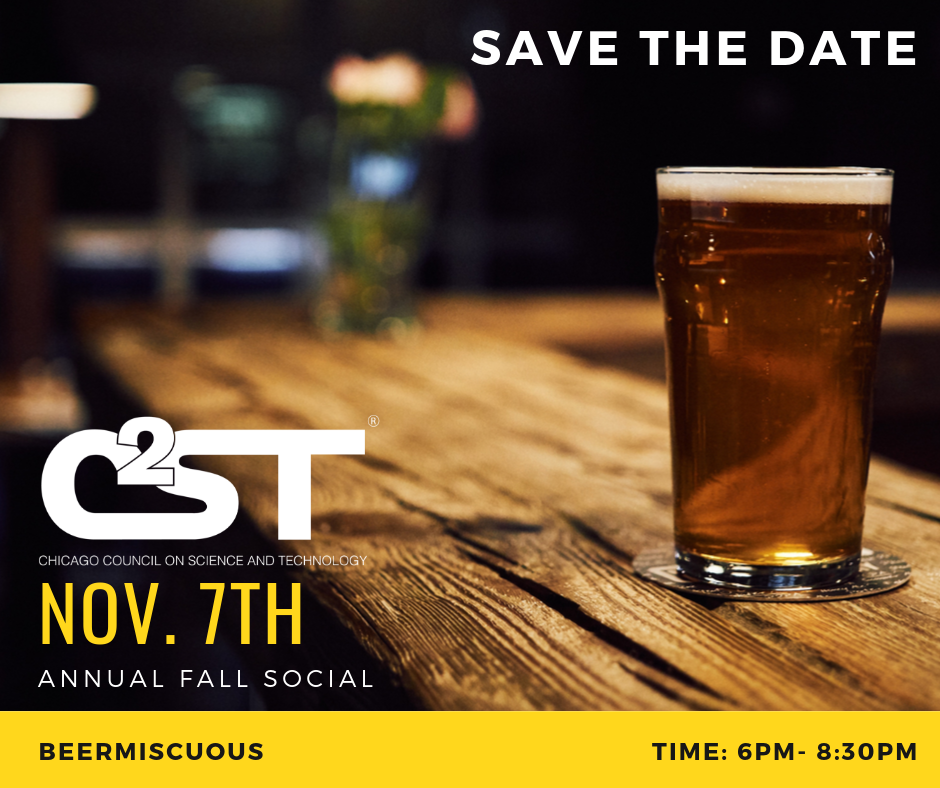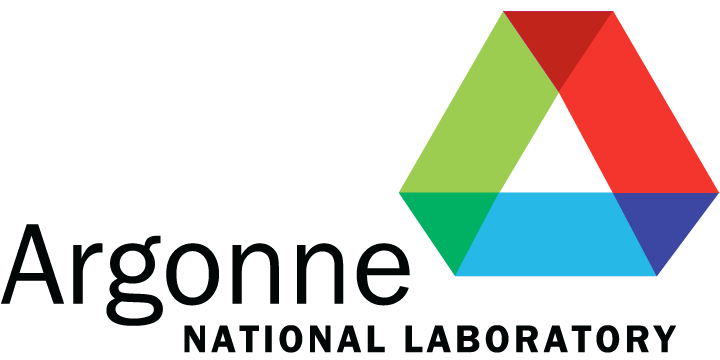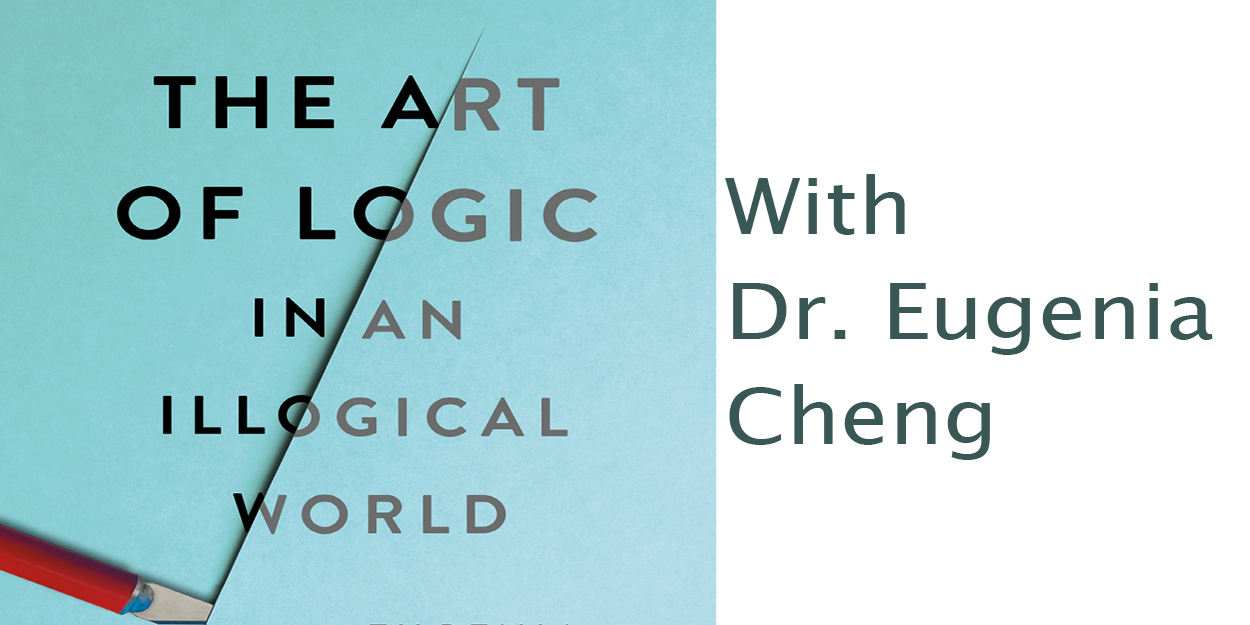Save the Date


Comment by Robert Kriss, C2ST
Engineering professor Jian Cao had a favorite toy growing up — a construction set — and she spent many hours joyfully building with it. Today, the eminent scientist is an associate vice president for research and director of the Northwestern Initiative for Manufacturing Science and Innovation (NIMSI). Cao and her Chicago-based team are developing transformative technologies to shape manufacturing’s future. By harnessing the principles of engineering, computer science, physics, chemistry, and environmental science, Cao and NIMSI are creating the potential for better paying, more intellectually rewarding, and safer jobs in manufacturing — while also producing less expensive and better quality products. NIMSI is making technology work for workers and consumers while helping protect the environment. Read more about how this Northwestern research could change the “Rustbelt” to the “High Tech Heartland” here.

By Matt Golosinski
Originally published at: https://www.research.northwestern.edu/manufacturing-a-future-beyond-the-assembly-line/

By Argonne National Laboratory
Chain Reaction Innovations (CRI), the entrepreneurship program that embeds innovators for two years at the U.S. Department of Energy’s (DOE’s) Argonne National Laboratory, is expanding and will now be accepting applications in any technology area that can be accelerated to market by leveraging the vast resources available at Argonne National Laboratory. Previously applications were limited to technologies specifically related to advanced manufacturing.

By Dr. Ismael Santa-María Pérez, Assistant Professor of Pathology and Cell Biology, Columbia University, New York
In collaboration with ECUSA (Españoles científicos en EE.UU.)
The MidWest Science & Innovation Cervantes Network is an effective science monthly meeting created to improve the relationship between science and society. It is an inclusive community of scientists, engineers, economists, public health specialists, and sciences enthusiasts across the Midwest.
Continue reading “MidWest Science & Innovation Cervantes Network”

By Dr. Ismael Santa-María Pérez, Assistant Professor of Pathology and Cell Biology, Columbia University, New York
In collaboration with ECUSA (Españoles científicos en EE.UU.)
The MidWest Science & Innovation Cervantes Network is an effective science monthly meeting created to improve the relationship between science and society. It is an inclusive community of scientists, engineers, economists, public health specialists, and sciences enthusiasts across the Midwest.
Continue reading “Advancements in Alzheimer’s disease: What is on the Horizon?”

Join us as C2ST hosts renowned mathematician Eugenia Cheng as she discusses how we can utilize logic in our everyday lives! Continue reading “The Art of Logic”